Medical travel, also known as medical tourism, has become increasingly popular in recent years as people seek high-quality healthcare services at a fraction of the cost available in their home countries. While the benefits of medical travel are evident, such as access to specialized treatments and reduced healthcare expenses, it is essential to recognize and mitigate the associated risks. Mitigating these risks is crucial to ensure a safe and successful medical travel experience for patients.
- Thorough Research and Due Diligence:
Before embarking on a medical travel journey, patients must conduct extensive research. They should thoroughly investigate the destination country, the specific healthcare facility, and the medical professionals who will be providing treatment. It is essential to ensure that the chosen healthcare provider is accredited, has a strong reputation, and meets international healthcare standards. - Consultation with Local Physicians:
Patients should consult with their local physicians before making the decision to travel for medical treatment. This consultation can help determine if medical travel is the right option and what specific treatments or procedures are necessary. Local doctors can also provide valuable guidance and recommendations regarding the choice of destination and healthcare provider. - Understanding Legal and Ethical Issues:
Patients should familiarize themselves with the legal and ethical considerations of medical travel. This includes understanding the medical malpractice laws in the destination country, informed consent procedures, and the patient’s rights and responsibilities. Knowledge of these aspects can protect patients’ interests in case of any unforeseen complications. - Health Insurance and Medical Complications Coverage:
Patients must review their health insurance policies to determine if they cover medical travel expenses and potential complications that may arise during or after treatment abroad. If necessary, they should purchase additional insurance or explore medical travel insurance options to mitigate financial risks. - Communication and Language Barriers:
Language barriers can pose a significant challenge in medical travel. Patients should ensure that they have access to interpreters or healthcare providers who can communicate in their preferred language. Clear and effective communication is vital for understanding treatment options, risks, and post-operative care instructions. - Travel Logistics and Accommodations:
Patients should plan their travel logistics meticulously, including transportation to and from the destination, accommodation arrangements, and visa requirements. Overcoming travel-related challenges can help reduce stress and ensure a smoother overall experience. - Post-Operative Care and Follow-Up:
Before traveling, patients should have a clear plan for post-operative care and follow-up appointments. This may include arranging for local medical professionals to monitor their progress or establishing a line of communication with the overseas healthcare provider for ongoing support and guidance. - Emergency Preparedness:
Patients should be prepared for unexpected emergencies. This includes having a contingency plan in place, knowing the location of the nearest embassy or consulate, and carrying important medical documents and contact information. - Patient Reviews and Testimonials:
Reading reviews and testimonials from previous medical travelers who have undergone similar procedures in the chosen destination can provide valuable insights. Patients can gain a better understanding of the healthcare facility’s reputation and the experiences of others. - Cultural Sensitivity and Respect:
Patients should approach medical travel with cultural sensitivity and respect for the customs and practices of the destination country. Adhering to local norms and showing respect for healthcare providers and staff can contribute to a more positive experience.
In conclusion, while medical travel can offer significant benefits, it is not without risks. Patients can mitigate these risks by conducting thorough research, seeking guidance from local healthcare professionals, understanding legal and ethical considerations, and ensuring proper insurance coverage. With careful planning and preparation, patients can increase the likelihood of a successful and safe medical travel experience.



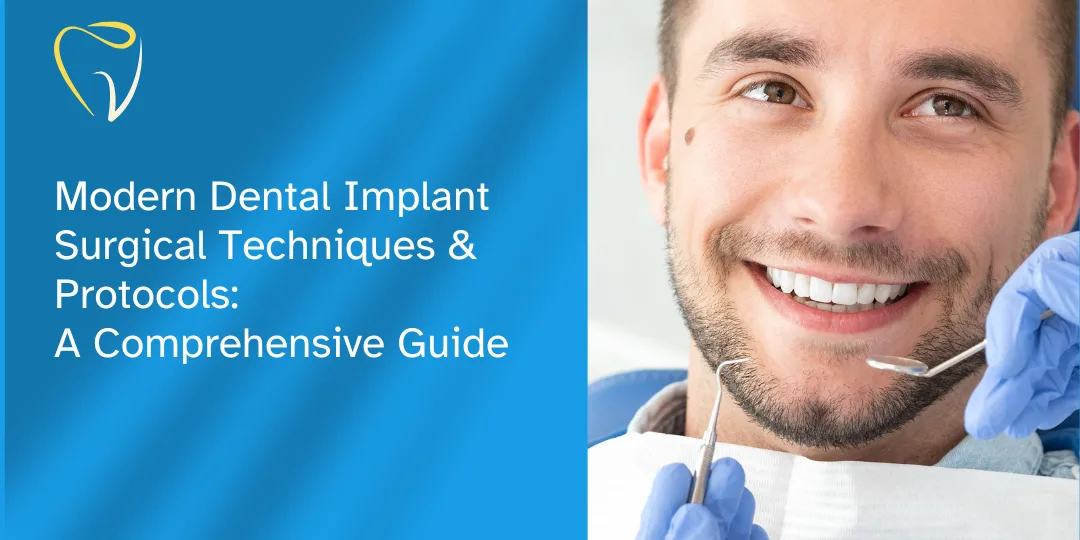
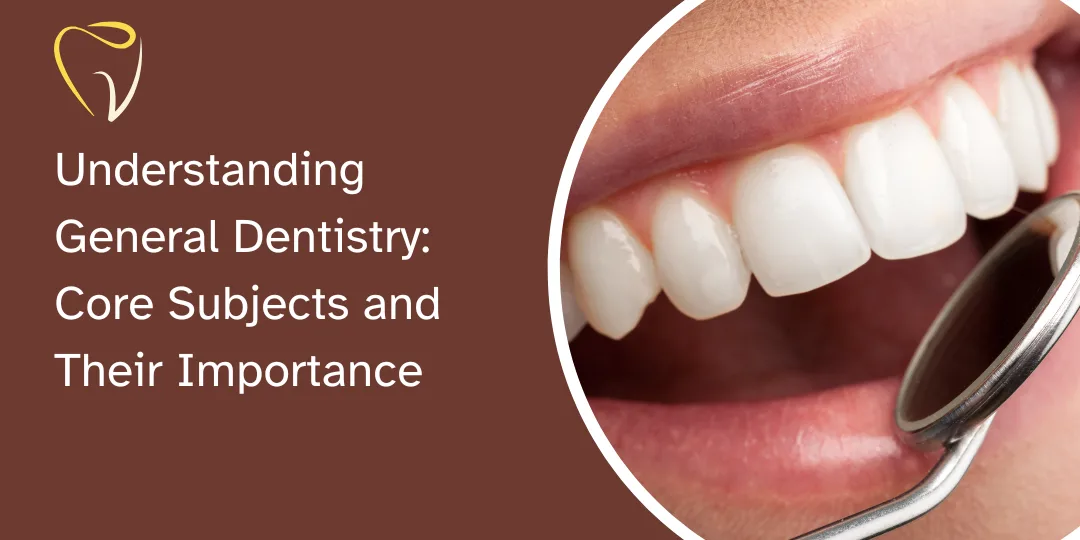
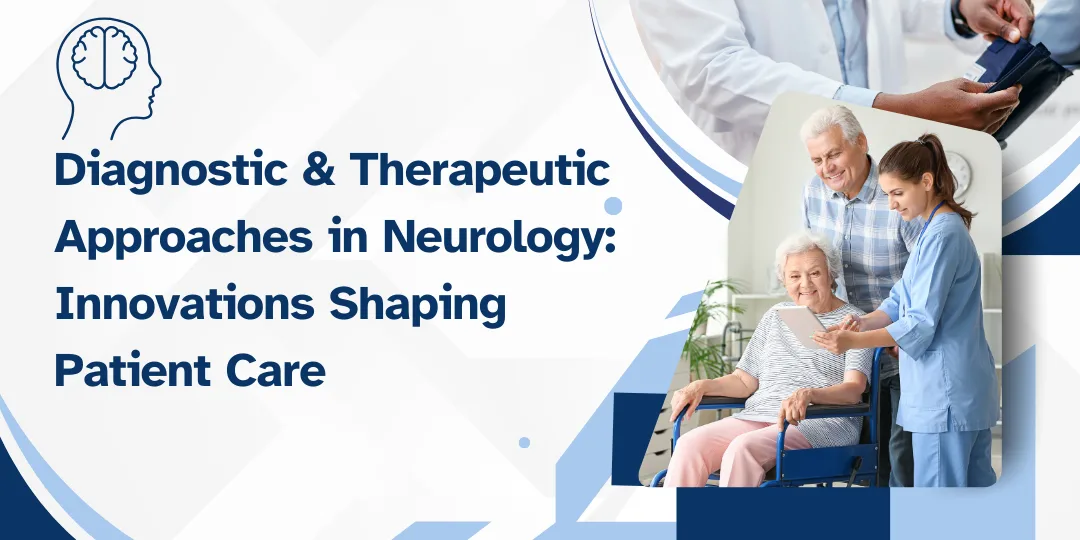
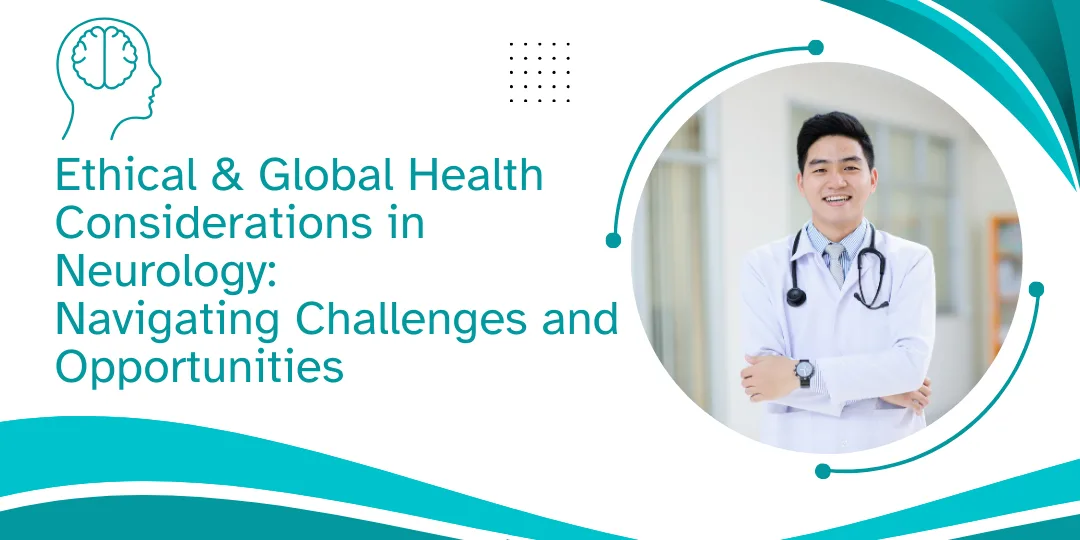
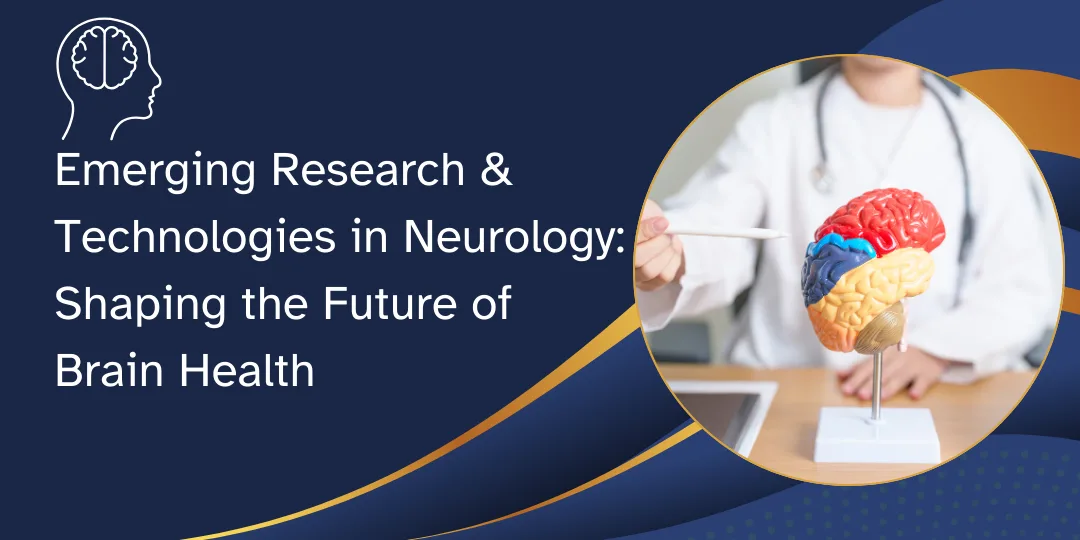


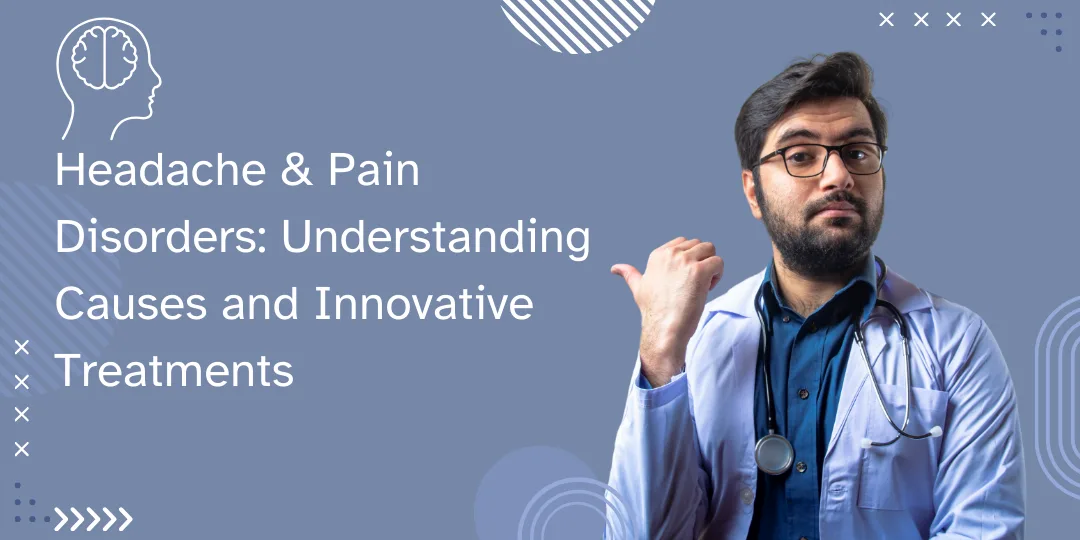
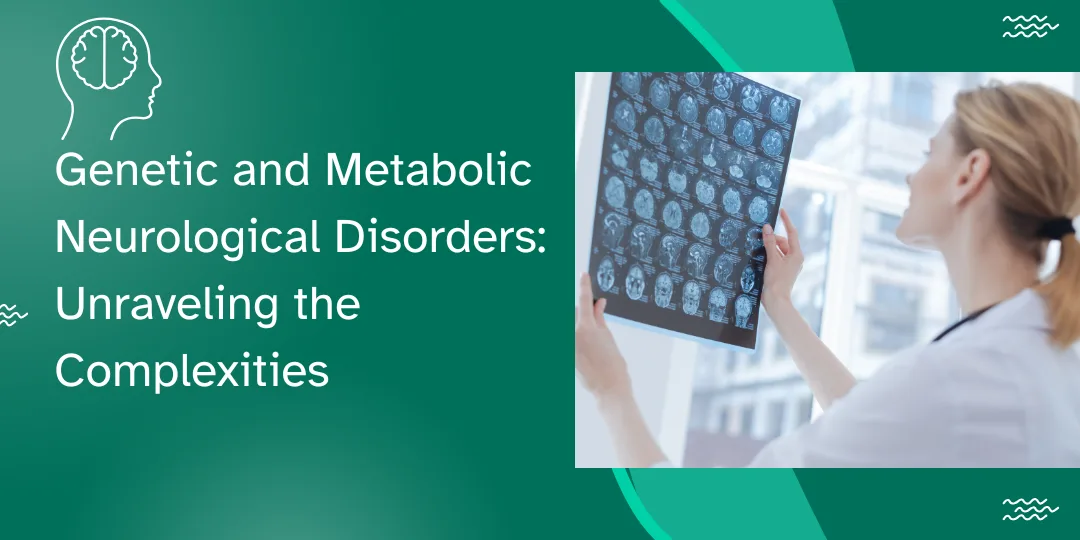
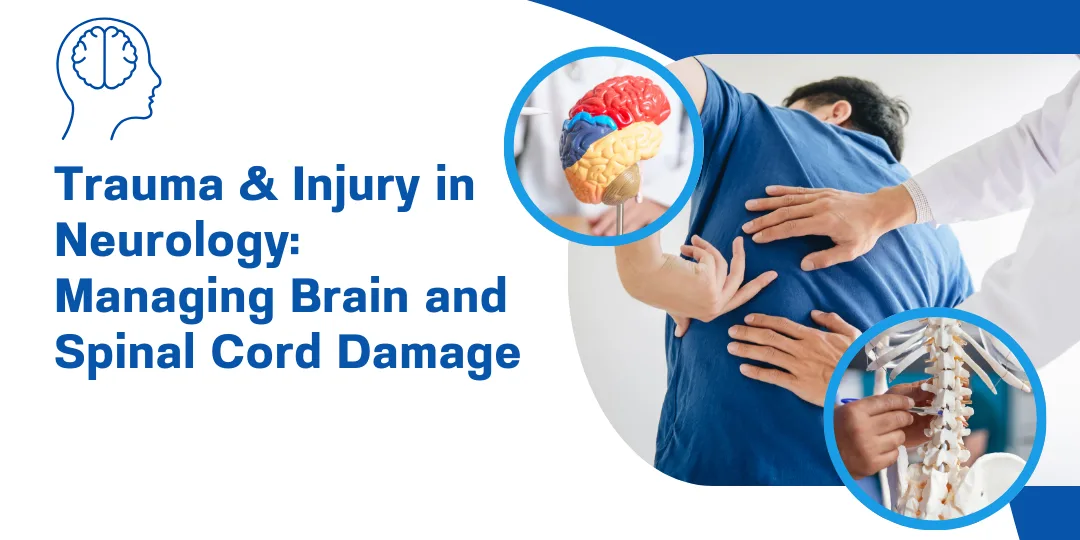
0 Comments